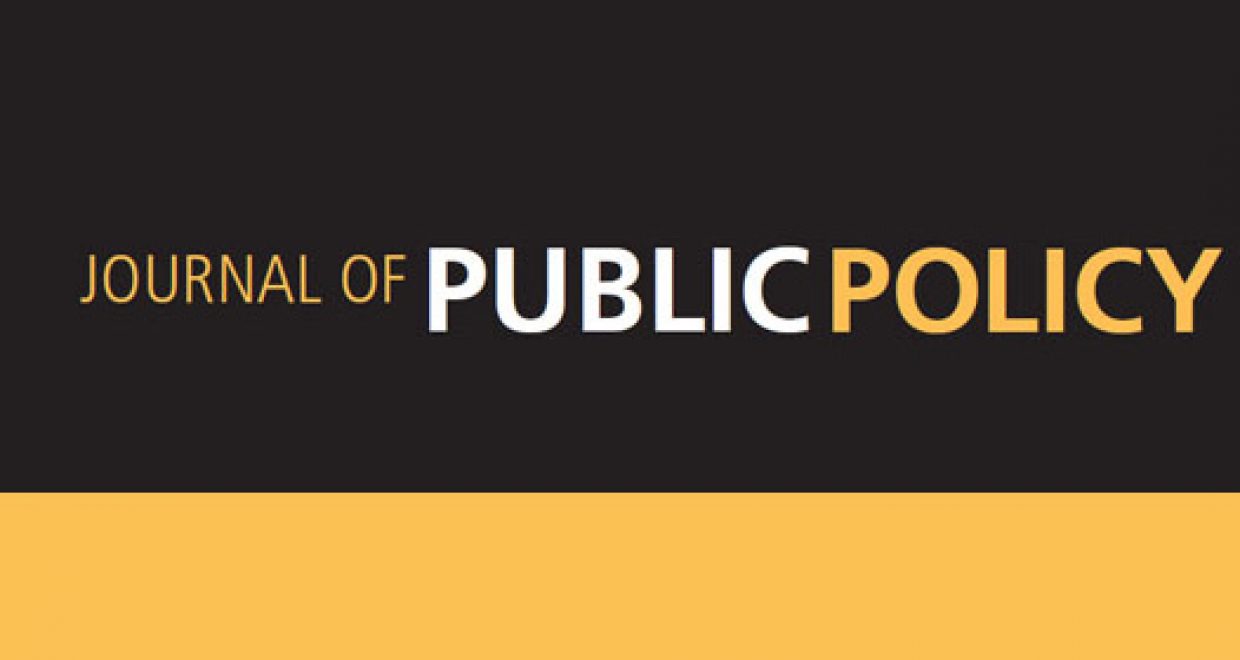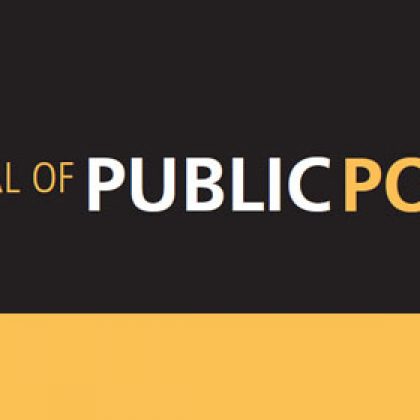Bureaucratic Entrepreneurship: When “good/bad cops” are strategies for policy innovation, not personalities
Since its inception, public administration has been rich with stories of frontline officials, often portraying the complex interplay between the perceived “good cops” and “bad cops.” This dichotomy is equally prevalent in academic studies, where street-level bureaucrats (SLBs) emerge as possessing two seemingly contrasting, yet equally compelling, personas.
On the one hand, studies of SLBs’ policy entrepreneurship underscore their proactive role. Scholars have extensively examined how SLBs shape public policies, establish pragmatic rules-in-use, and bend rigid regulations to serve the public interest. SLBs are sometimes seen more as “citizen agents” than “state agents,” even forming a political force that drives policy innovations. In this vein, they can exhibit the same dynamism as social activists.
However, the flip side of this narrative is highlighted by bureaucracy research, painting SLBs as literal bureaucrats. They are often engaged in the blame game, dehumanizing individuals into cases and prioritizing risk aversion. More importantly, SLBs must adhere to bureaucratic norms to safeguard their position, lacking the formal authority of their superiors.
The juxtaposition of these two faces leads to an important question: How can SLBs be active as policy entrepreneurs when they are required to rigidly follow bureaucratic principles as frontline bureaucrats? Given their lack of policymaking power, their self-preservation strategies become an integral part of their policy innovation efforts. Bridging the gap between existing studies of policy entrepreneurship and the blame game is crucial.
A historical case study in Guangzhou, China, from 2006 to 2012, examines this balance in the context of taxi officers who had to address a legal loophole. Without legislative authority, these officials had to navigate bureaucracy and build consensus among various stakeholders. They toggled between the roles of “citizen agents” and “state agents,” promoting policy innovations within the confines of their daily administrative tasks. Their normative initiatives were often cloaked in bureaucratic self-preservation activities. For instance, when actions served the public interest and helped close the loophole, taxi officers embraced the role of citizen agents, eagerly assisting taxi drivers, companies, and other stakeholders. Conversely, when faced with ownership transfers for profiteering purposes, they shifted to a more bureaucratic stance, disrupting and impeding such efforts.
Crucially, as these taxi officers lacked policymaking authority, the integration of SLBs’ policy entrepreneurship and bureaucratic self-preservation within the blame game is vital. While these self-preservation strategies may appear as mundane coping mechanisms, they are, in fact, essential to SLBs’ policy-changing endeavors. Without lawful policymaking power, taxi officers had to disguise their policy reforms as apolitical routines to protect themselves. Avoiding litigation was paramount to both their self-preservation and the legitimacy of their gray area operations.
By integrating policy entrepreneurship and bureaucratic self-preservation, we bridge two seemingly disparate goals: laying a foundation for ethically fair future policy innovations while masking these efforts as nonpolitical routines to ensure personal job security. Cooperation is fostered through social skills and norms, yet officers must camouflage their policy reforms as bureaucratic routine to safeguard their position. In this sense, what appears as bureaucratic compliance could, in reality, be policy entrepreneurship.
In conclusion, the stories of taxi officers reveal a nuanced reality where the objectives of policy innovation are often concealed within the minutiae of administrative interactions. Without legislative authority to enact new laws, these officials relied on broad acceptance of unofficial practices to establish de facto rules-in-use. The key to policy innovation in such contexts lies in persuading multiple stakeholder groups to accept new arrangements and potential financial losses without relying on formal legislative powers. This process underscores the significance of integrating policy entrepreneurship and bureaucratic self-preservation, which are separated in classic studies of policy entrepreneurship.
– Xuefan Zhang (Sun Yat-sen University) and Yanling He (Renmin University of China)
– The authors’ article in the Journal of Public Policy is available to read free of charge until the end of June 2024






